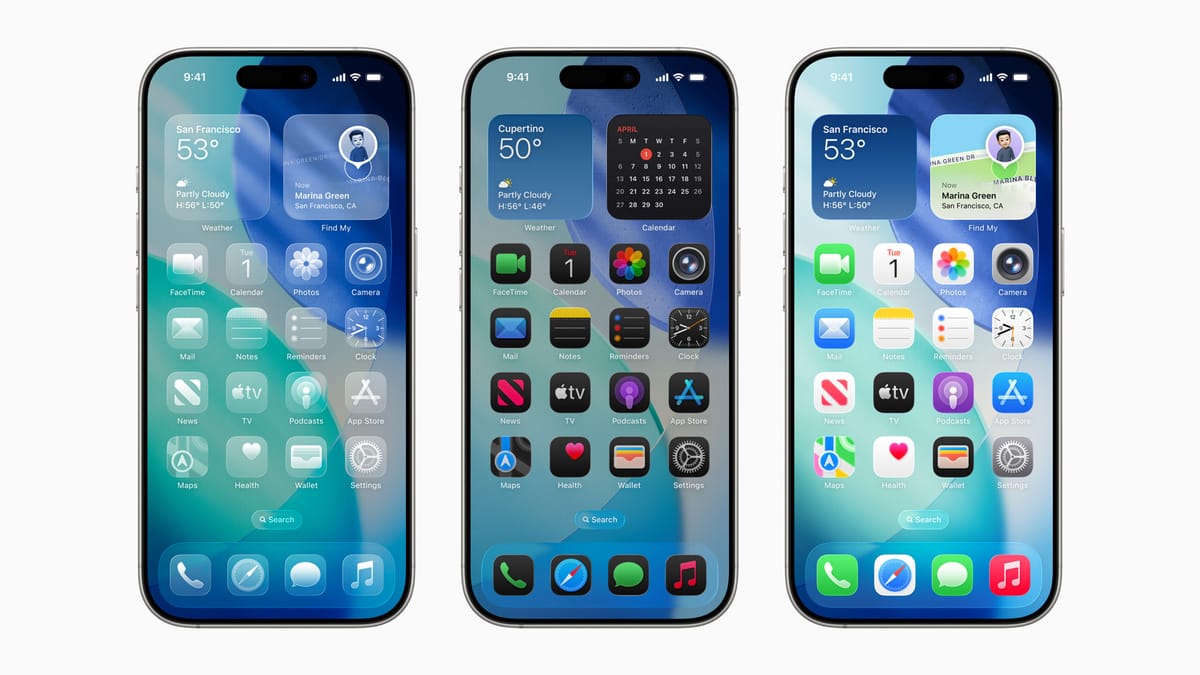Can You Trust Your Apple Watch With Your Health? Unpacking the Accuracy of Fitness Trackers

Are your Apple Watch stats helping—or misleading—you on your fitness journey? With wrist-worn fitness trackers now guiding everything from daily step goals to heart health alerts, it’s easy to trust their glowing rings and numbers. But what if these popular wearables aren’t always as accurate as you think? Let’s dive in.
🔬 Apple Watch Under the Microscope: How Accurate Are Your Health Stats?
The fitness tracker revolution has taken the world by storm, and the Apple Watch is leading the charge. But there’s a twist beneath the appealing interface: researchers from the University of Mississippi recently put the Apple Watch’s metrics under rigorous scrutiny to see how much faith we can actually put in them.
- Wearable Explosion: In 2015, just one in eight Americans sported an activity monitor. By 2019, wearables like the Apple Watch rapidly became a global fitness staple.
- Market Dominance: The Apple Watch is worn by millions daily, with users relying on its feedback for key health and exercise decisions.
- Big Consequences for Small Errors: Even a minor misreading in your stats can lead to overtraining, misjudged recovery, or missed red flags about your well-being.
- Trusted Companion: These devices offer a sense of empowerment, keeping us motivated and on track, but require scrutiny when used to make health decisions.
The core issue here: Are the numbers on your wrist actually giving you a true picture of your health, or could small inaccuracies have big impacts?
🧑🔬 The Science: What Does Apple Watch Get Right—and Wrong?
To get to the bottom of this, Professor Minsoo Kang and doctoral student Ju-Pil Choe poured over 56 peer-reviewed studies, comparing Apple Watch data to medical-grade standards. Their lens focused on three main metrics: heart rate, step count, and energy expenditure (calories burned).
- Heart Rate Star: The Apple Watch excelled here, showing a mean absolute percent error of just 4.43%. That’s well within acceptable range for most users.
- Step Counts Perform Decently: With an 8.17% error rate, step tracking was fairly accurate—enough to motivate and monitor daily movement with confidence.
- Calorie Counting—The Weak Link: Here’s the shocker: energy expenditure readings were off by an average of 27.96%! Whether walking, running, or cycling, calorie stats were consistently unreliable.
What does this mean? While you can generally trust your Apple Watch to keep your pulse and step tally honest, calorie counts may not be as dependable. Over-relying on those calorie numbers for fitness or diet decisions could lead you astray.
✅ Progress & Promise: Apple Is Getting Better
There’s a silver lining, though. The review found that newer Apple Watch models performed slightly better than their predecessors. Apple’s continuous improvements to sensors and algorithms mean that today’s devices offer more reliable data than ones from five years ago. Here’s why that matters:
- ✅ Steady Improvement: Apple is attentive to accuracy feedback, enhancing health metrics year over year.
- ✅ Motivation for Better Design: Pinpointing weaknesses, especially in calorie tracking, can guide future updates and give both everyday users and healthcare providers more reliable tools.
- ✅ Industry Influence: As one of the biggest players, Apple’s advancements push the standards for all wearable tech, raising the bar for the entire industry.
🚧 Challenges: Why You Still Shouldn’t Treat Your Watch Like a Doctor
- 🚧 Calorie Tracking Is a Work in Progress: The high error rate in energy expenditure persists across all workout types and device generations.
- ⚠️ Potential for Confusion or Overtraining: Fitness enthusiasts may push too hard if they believe faulty calorie numbers, risking injury or burnout.
- ⚠️ Limits of Consumer Sensors: Even the best wrist-worn sensors can’t fully replicate the accuracy of medical-grade equipment or controlled lab environments.
- 🚧 Expert Insights: As Professor Kang cautions, “Think of [the Apple Watch] as a helpful guide, not a diagnostic tool. It is useful but not perfect.”
Simply put, while the Apple Watch is an incredible motivator and habit-tracker, it’s not ready to wholly replace professional medical advice or clinical diagnostics.
🚀 Final Thoughts: Wearable Wisdom
Apple Watch and its competitors are revolutionizing personal health and fitness—just don’t mistake them for infallible sources of truth. Here’s what you should keep in mind:
- ✅ Trust your Apple Watch for trends and motivation—especially for heart rate and step tracking.
- 📉 Be skeptical about calorie data. Use it as a guideline, not gospel.
- ✅ Stay tuned for advancements, as manufacturers like Apple continue to close the gap between hype and accuracy.
- 🚧 Remember, these tools are companions, not clinicians. Rely on them for inspiration and daily feedback—but always consult healthcare professionals for important decisions.
What’s your experience with fitness trackers? Have they helped—or ever misled—you in your health journey? Share your story below!
Let us know on X (Former Twitter)
Sources: Sanjana Gajbhiye. Fitness tracking: Apple Watch is helpful, but not always right, June 2024. https://www.earth.com/news/fitness-tracking-apple-watch-is-helpful-but-not-always-right/










